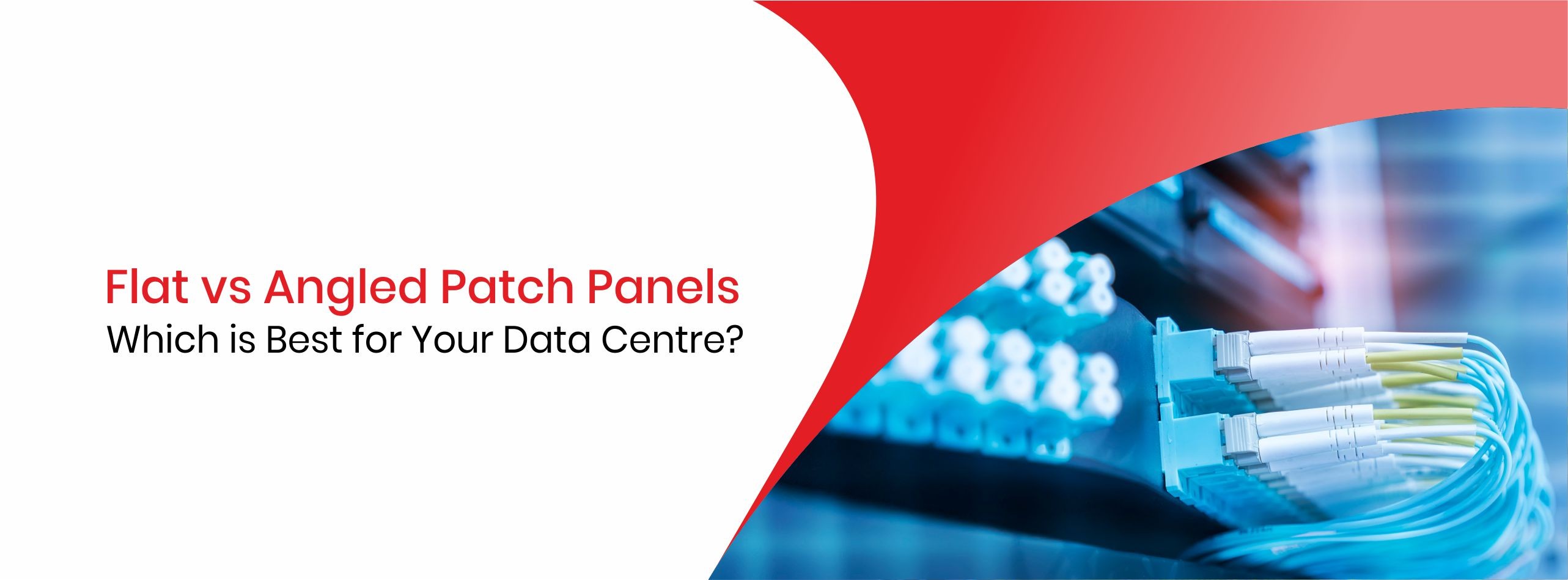Fill out your details and our executive will get in touch with you soon.











































































































































With newer developments and more stringent security measures being implemented in devices and products, we often fail to recognise the other side of the coin - security threats.
Smart devices such as the Internet of Things (IoT) are fairly common in every household. Home security systems and products which were installed to protect us are increasingly facing threats and attacks nowadays. These vulnerabilities and potential threats need to be anticipated and addressed to ensure the safety of home and offices.
In this scenario, it is important to note what measures can be taken to protect your security cameras from hackers. Here are a few suggestions in this light.
The importance of having a strong and unique username and password is greatly underestimated by the majority of people. Even now, there are many who use simple and easily guessable passwords like their birthdate, “1234”, or “password”. An ideal password should be long, consisting of alphanumeric elements, in capital letters and small letters, and should have symbols or punctuation marks. The prudent action to take would be to have a different set of credentials for each of your security devices, cameras, and Wi-Fi.
Also Read: What is the Difference Between NVR and DVR Systems?
Even though free Wi-Fi is easily available in most places for the public's use, it is better not to use the same for accessing your private security systems. These networks will not have enough security and your data would be prone to hackers or unauthorised access by third parties.
Implementing WPA2 security will ensure that each new device that connects to your network will need to submit a password. This is an extra layer of security and safety over your network systems. If your router does not provide WPA2 security, consider upgrading your router with one that provides the same.
Cloud storage has been a revolutionary advancement in technology in the past decade or so. It has been adapted into the security industry as well, with the option of hosting the security devices and footage in the cloud. Only the end-user who has been authorised will be able to access the data stored in the cloud. This eliminates the risk of a hacker or third party tapping into your device as it would be hosted on a remote server at an offsite location.
If a hacker tries to access your data from the cloud, the protective and alarming systems in the cloud will alert the end-user easily. This makes it easier to catch the hacker before causing much damage.
Also Read: Top Essential Features To Look for in CCTV Camera Systems
It is recommended that you use two different networks to meet your security and data needs. There are two major reasons why this is beneficial - one, it can help keep your data protected. Even if a hacker manages to tap into your security network, your data would still be safe. Two, security systems require large amounts of bandwidth, which may make your data network slow.
These are several ways through which you can ensure that your security systems and camera are safeguarded against hackers. Even if a hacker manages to access your security systems, having the above-mentioned measures in place can avert further damage and protect your security system to a large extent. In such a scenario, it is best to place your security needs at the hands of trusted and credible security systems providers like Norden for maximum protection and safety. Explore our range of the best security solutions and products and choose the one that best suits your business or residential needs.

















